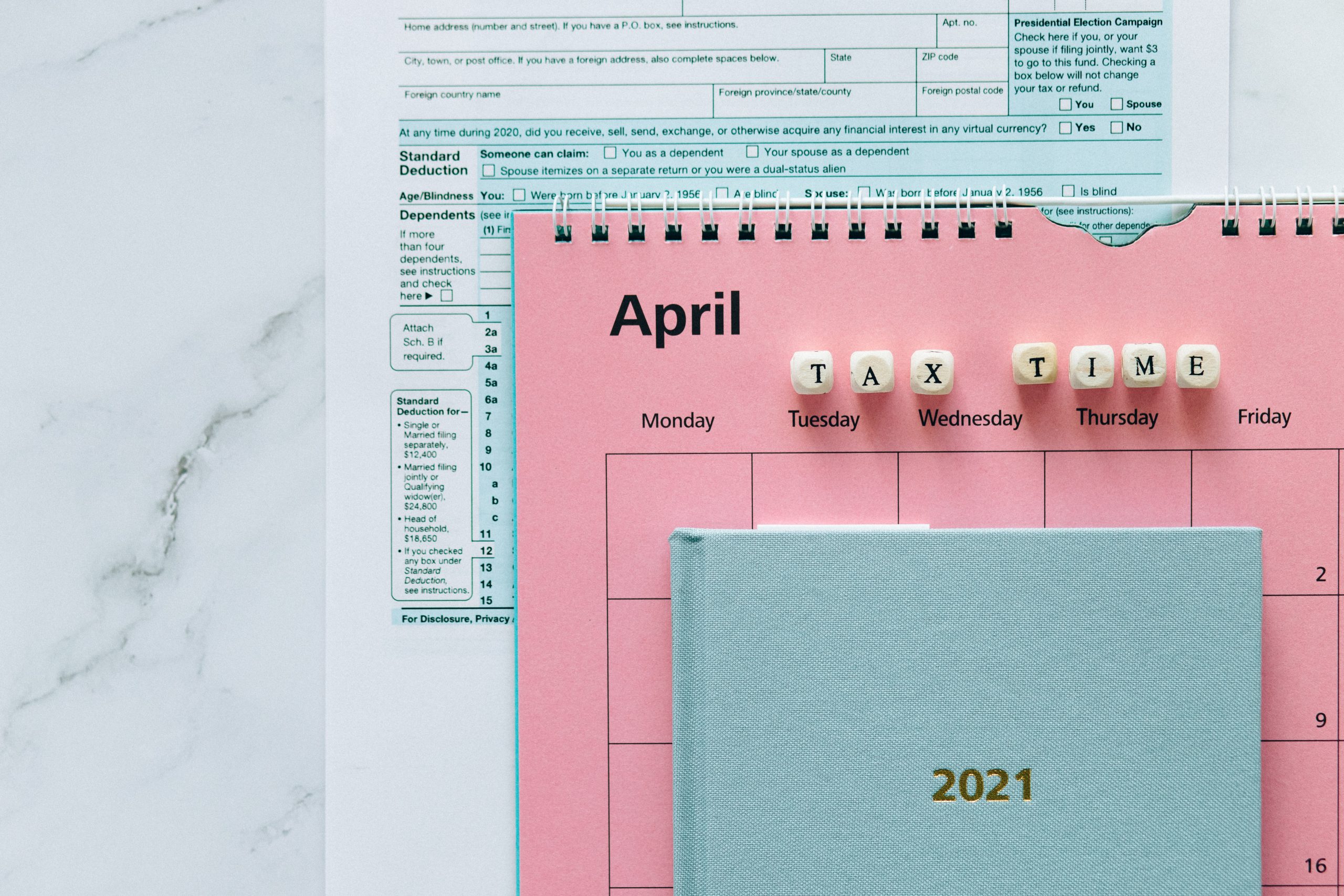
Autumn Budget 2025: What This Means For UK Muslims
26 November 2025 6 min read

MB
Majida Begum
5 min read
Last updated on:
With January 31st around the corner, we’re firmly in tax return season. Some of you will be seasoned veterans. But with the rise of the Muslim entrepreneurial scene, many of you might not be aware of the need to file your own tax return.
There’s also a few surprising reasons why you might need to file a tax return. And it’s worth paying attention because HMRC will fine you if they’re expecting a tax return and don’t get one.
So let’s kick off with the all-important first question.
If any of those sound like you, you need to get on it! HMRC have also helpfully given more info themselves here and have a handy interactive tool which will help if you’re unsure.
If you haven’t filed a tax return before, make sure you have registered for self assessment with the HMRC.
Once you have all the login details sorted with them, it’s a case of going online and completing the return.
We’ve spoken to two top accountants to get you the inside track.
This year the deadline is the 31st January, however, it is entirely possible to have completed your tax return much sooner and, it’s what we’d recommend. You can complete your tax return anytime after the end of the financial year. Doing so means:
a. The relevant information is fresher and easier to remember; and
b. You don’t have to pay your Tax in a lump sum, instead it’ll be a portion of your monthly wage.
Ruzwan Boota from Mazars Accountats recommends that you “prepare and submit your tax return before 30 December each year. By doing so, if you expect to pay tax to HMRC of less than £3,000, you can elect to have the tax collected via your monthly wages through an adjustment to your tax code, rather than having to pay the tax in one lump sum”.
Although this may sound like a big change, if your Tax Return is a source of stress in the new year it would be a great task to have completed and begin the new year more organised.
Do make sure you are organised and storing all the relevant information/invoices/receipts in one place. You could use a folder in your emails or phone library.
If there are particular costs you have incurred due to your business, they can be claimed back on your Tax Return. While some items may be purely for business purpose i.e. technical equipment, there are others that you may use partially for business and personal use. In this case you can still claim a percentage of the expense based on how much you use the item for business.
If you keep a log of your expenses throughout the year, go back and categorise your items to see whether they are for business, personal use or both!
Here are some expenses that you might not have realised could count as a business expense:
Muslims make more charity donations than the average person through both sadaqah and zakat.
If you are donating to charities that qualify for gift aid you can complete a Tax Return purely to claim gift aid donations and in turn, receive a Tax repayment for HMRC. “Every higher rate taxpayer especially should do this. For every £80 gift aid donation made by a higher rate tax payer, you can save £20 in income tax through an extension of the basic rate band so long as you make a claim via your tax return,” Ruzwan explains.
Ruzwan recommends keeping a log of your donations to simplify the process when claiming the gift aid on your tax return.
You can read more about donating to charities and gift aid here as well as a fatwa on the tax element.
Another key tip from Mohammad Alimahomed of Syon Tax: “any cash donations made before 31 January of the following tax year, or the date of the submission of your tax return if earlier, can be carried back to the previous tax year.”
Don’t make the mistake of thinking you have to outsource to an accountant.
Mohsin and Ibrahim do their own tax returns and in many cases it is easy enough. You’ll save on accountancy fees and you’ll understand your numbers better.
Of course, this depends on the complexity of your tax return.
But the chances are that with some good record-keeping, you can perfectly well do your tax return yourself. HMRC have designed it so that the taxpayer can do the returns themselves.
You could pay an accountant a few hundred quid or put in the time yourself with a bit of research. There is software you could use such as Coconut, Quickbooks and Xero.
Certain investments are incentivised by HMRC with tax rebates.
Investing in an early stage startup is one of those. If the start-up is eligible you can get a tax rebate of up to 30% or 50% of your original investment.
We’ve written an article on that here.
You can invest in high-growth, genuinely impactful and ethical startups through Cur8 Capital.
COVID related advice & resources
Don’t forget to declare any Covid-19 related support that you’ve received. This includes grants and self-isolation payments.
HMRC have many fines and add interest for incomplete or delayed Tax Returns.
This year they will waive fines for a month up to 28th February 2022. Make sure to complete yours on time.
Here are some great final resources to leave you with:
Leave a Reply